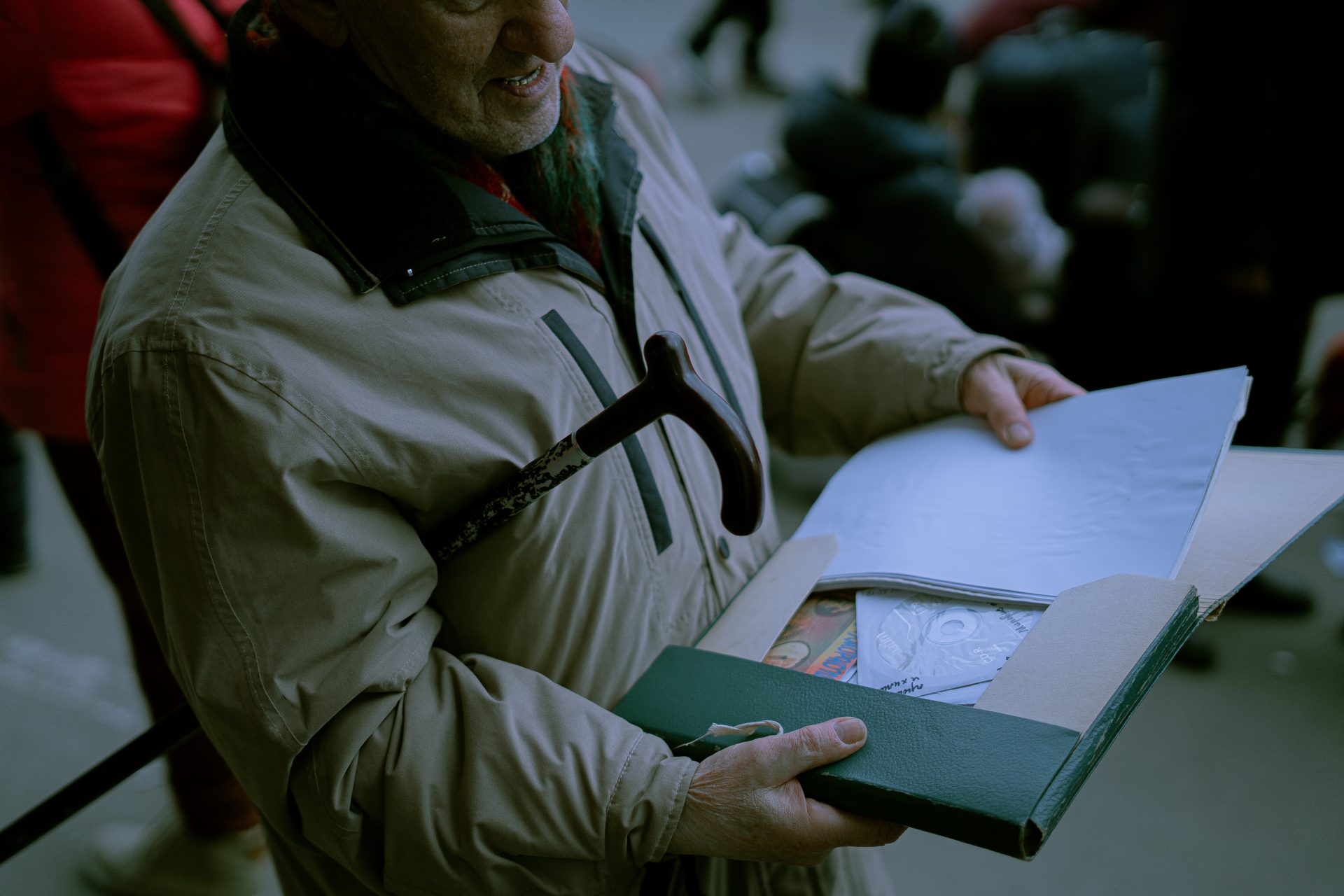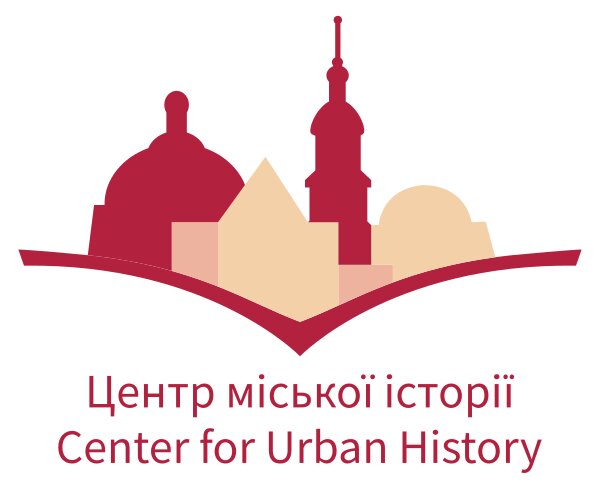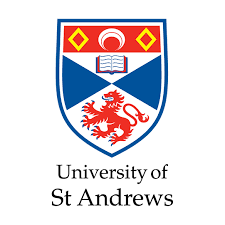Research in the Context of Violence and Trauma
March — October 2022
online
The weekly workshop sessions, convened by Dr Diána Vonnák and Dr Victoria Donovan at the University of St. Andrews are designed to support the ongoing research project “5am, 24.02.22. Testimonies of War” in their efforts to collect testimonies of war, displacement and coping strategies of people affected by the escalation of Russia’s war in Ukraine. The sessions bring together internationally renowned scholars, inviting them to share their experiences of conducting research in conflict zones, violent social settings, with distressed or traumatised participants, or in locations heavily affected by the aftermath and legacies of armed conflict. Using their own work and research practice to reflect on methodological, ethical challenges, as well as the psychological challenges imminent in this sort of work for researcher and research participant, guest scholars engage directly with the unfolding documentary initiative. The University of St. Andrews team provides further peer-support, organising research review sessions that complement these weekly series, where researchers involved can raise questions and identify areas where sourcing further expert advice might prove useful.
17 March 2022
ZAHIRA ARAGÜETE / University of Genova
Our first seminar with Zahira opened with reflections on working with the long-term legacies of violent conflict, focusing on fieldwork conducted around the exhumation of human remains from the Spanish Civil War and the postwar period in the southwestern region of Extremadura (Spain). Focusing on notions of evidence production, Zahira studied the role that human remains, documents, war remnants, oral accounts and expertise played in the construction of new histories and sociopolitical claims about past political repression. In the session, she addressed long-term consent, the protection of participants, and good practices of mental health support.
24 March 2022
IVANA MAČEK / Stockholm University
Ivana’s research interests are in the field of anthropology of war and mass political violence, anthropological methods, and recently also psychological anthropology. She conducted research during the war in Bosnia and Herzegovina, work that resulted in a monograph Sarajevo Under Siege: Anthropology in Wartime (University of Pennsylvania Press, 2009). Her second project “Between War and Peace – A Qualitative Study of Swedish Experiences of Work in War-Zones,” was about the Swedish professionals and the process of choosing to take an assignment in a warzone, experiences in the field (with focus on violence and nature of relations to the local population and culture), and the experience of the return to the more peaceful Sweden. The current project, “Intergenerational Transmission of War Experiences among Bosnians in Sweden – A Study in Psychological Anthropology,” is situated within psychological anthropology where it aims at developing new methods. In the session she focuses on the differences between distress and trauma, and challenges of working as a native scholar in a war zone.
31 March 2022
NERINA WEISS / FaFo Norway
Nerina has worked with topics related to migration, violence and conflict. She has extensive fieldwork experience from Turkey, Norway, Denmark, Cyprus and Austria. She has written about the meeting between traumatized refugees and the reception apparatus in Norway and Turkey, about children with rejection and the asylum system and the mobilization of Kurdish activists for the wars in Syria, Turkey and Iraq. As an anthropologist, she has in-depth knowledge of qualitative research methods, including participatory observation, various interview techniques and document analysis. Weiss is interested in research ethics and has in several projects conducted qualitative interviews with vulnerable groups, such as torture victims and with children and young people, including accompanying asylum children with rejection, on mobilization and radicalization. In this session she focuses on embodied narratives, the context-dependence of sharing experiences of war and trauma, and the ways narratives are framed in response to social expectations and available discoursive frames.
14 April 2022
NICHOLAS BARNES / St Andrews
Nicholas is an IR scholar, who works at the intersection of criminal and political violence, looking into the origins and evolution of organized criminal groups, criminal governance, police militarization in Brazil. In this context, he’s published on the ethics of fieldwork, and on visual arts and their role in community change. He started out researching ethnic conflicts in Israel-Palestine and Ireland, then switched to Brazil, where he lived in Rio de Janeiro and studied gangs and police violence in favellas, He also collaborated with local photographer and arts producer in order to develop an exhibition about life in favella beyond military conflicts.
21 April 2022
STEPHEN NARON / Yale
Stephen is a library and information scientist, archivist, director of the Yale Fortunoff Video Archive for Holocaust Testimonies. His professional experience is related to cooperative, grassroots archiving, the management and use of large databases. As director of the Fortunoff Archive, he works within the wider research community to share access to this collection through the access site program. Stephen is also responsible for spearheading initiatives such as preservation and digital access to the collection; cooperative projects with other testimony collections; oversight of fellowship and research programs; and the production of the podcasts, ethnomusicological recordings, and the Archive’s documentary film series.
27 April 2022
CASSANDRA YUILL / City University of London
Cassandra is a medical anthropologist. Her work focuses on maternal health and maternity services, particularly in the United Kingdom, and she has conducted ethnographic research on adolescent nutrition and physical activity, parent-infant sleep and place of birth. She is currently undertaking research on induction of labour and midwifery units, and has written about consent in medicalised settings, distress and trauma in qualitative research, and the ethics of conducting socio-medical research in collaboration with policy practicioners. During the seminar she spoke about navigating institutional contexts and bureaucracies (medical staff, policy makers and academic researchers) in qualitative research contexts, and about dealing with unexpected distress in various interview contexts.
10 May 2022
TARAS FEDIRKO / University of St. Andrews
Taras is a social anthropologist, a British Academy Research Fellow at the University of St Andrews, working on the political economy of the war in Ukraine. Conducting qualitative and quantitative research with veterans, volunteers and social movements that emerged after the Maidan, he attempts to reconstruct the emergence of a new political and economic elite and the ways its members are interconnected, forming a broad coalition ranging from national-liberals to the far right. His research also involves understanding the militarization of society. Previously he worked on media elites and free speech in Ukraine, and on decision-making processes and policy export in the British Parliament. He worked at Cambridge University before, and he obtained his PhD from Durham University.
17 May 2022
SAJJAD SAFAEI / Max Planck Institute for Social Anthropology
Sajjad is a legal anthropologist who has worked with Iranian asylum seekers in France and researched punitive regimes in the context of human rights activism. He worked on emotional, visceral, moral and political and legal responses to torture and capital punishment. He is currently a postdoctoral research fellow at the department of Law and Anthropology at the Max Planck Institute for Social Anthropology in Germany. He mostly spoke about the dilemmas of interviewing in the context of being a native researcher, conducting research as a citizen of a country where political oppression is significant.
24 May 2022
JOSHUA CRAZE / Small Arms Survey / London School of Economics
Joshua Craze is a researcher and writer focusing on the war in South Sudan. He has a PhD in social anthropology from UC Berkeley and has taught at the University of Chicago and at Science-Po. Currently, he is a researcher at the Small Arms Survey, an associate research fellow at the London School of Economics. His archiving project dealing with UNHCR documents was exhibited in the New Museum of New York. He has been working with refugees, conducted comprehensive reports about the Sudanese security sector, interviewed militiamen and warlords, and is currently writing a non-fiction book for Fitzcarraldo Editions, having been shortlisted for their essay prize last year.
31 May 2022
ERIN JESSEE / University of Glasgow
Erin is an oral historian, working across war studies, gender history, and global history. She uses oral historical, archival, and ethnographic methods in her work that engages with people’s diverse experiences of genocide and related mass atrocities, especially in Rwanda, where she has spent over a decade working closely with Rwandans from different socio-economic, regional, religious, and political backgrounds. Another project of hers analyses colonial-era and modern oral traditions to amplify women’s contributions to Rwandan history since the 16th century emergence of its antecedent Nyiginya Kingdom. A third project studies the ethical and methodological challenges that qualitative researchers encounter when researching political violence, whether at home or abroad. Her monograph Negotiating Genocide in Rwanda: The Politics of History (2017) was published by Palgrave Macmillan’s Studies, and she recently edited a volume on research with perpetrators.
14 June 2022
ANNA WYLEGALA / Institute of Philosophy and Sociology, Polish Academy of Sciences
Anna earned her PhD in Sociology from the Graduate School for Social Research, Warsaw (Poland). Her academic interests include biographical and collective memory, oral history methodology, Holocaust studies, and Ukrainian studies. During the seminar, Anna reflected on the experiences of the project she coordinated, "Social Anthropology of Filling the Void: Poland and Ukraine after World War II". The interviews conducted as part of this initiative shows how the void was filled after the social groups (e.g. landowners, wealthy peasants), representatives of ethnic communities (Jews, Poles, Ukrainians) and professional groups (e.g. shoemakers, pharmacists, doctors, or more broadly – craftsmen, intelligence) were evicted by the war and post-war changes. Anna described numerous situations when power dynamics were enacted and the researcher's personal agenda became visible.
28 June 2022
DEBORAH JONES / Max Planck Institute for Social Anthropology, Germany
Deborah is a linguistic anthropologist currently writing a book about language and violence in Ukraine. She finished her PhD at the University of Michigan. Since then she’s been a postdoctoral researcher at the Max Planck Institute for Social Anthropology, and an affiliate researcher at the Max Planck - Cambridge Centre for Ethics, Economy and Social Change. She has done fieldwork in the vicinity of the contact line with locals active in demining efforts. Since the beginning of the invasion, she has been very active in organizing support for refugees in Germany around Halle.
Both her academic and humanitarian work are especially relevant for interviewers recording conversations with refugees outside of Ukraine: cultural misunderstandings and frictions play a big role in what Deborah describes, and they might be important to bear in mind as an angle in delivering interviews.
11 July 2022
NINA PARISH / Stirling University
Nina is a professor of French and Francophone Languages and Literature at Stirling, working with agonistic memory and war museums. Her research concerns representations of difficult history, the migrant experience, and multilingualism in the museum space. Between 2016 and 2019 she was part of the EU-funded Horizon 2020 UNREST team working on innovative memory practices in sites of trauma including war museums and mass graves. She is currently involved in two projects: Memories from the Margins looks at unofficial memories of the civil war in Lebanon and the war in Syria; while DisTerrMem, an EU-funded Horizon 2020 project examines the management of competing memories of disputed territories across borders focusing on the case studies of Armenia, Poland, and Pakistan.
26 July 2022
EDWARD SEROTTA / Centropa
Edward is a journalist, photographer, and filmmaker specializing in Jewish life in Central and Eastern Europe. Born in Savannah, Georgia, Edward has worked in Central Europe since 1985. Between 1996 and 1999, he produced three films for ABC News Nightline. As the director and founder of Centropa, he is one of the initiators of the collection of 1200+ life history interviews with Jews, and Centropa has used oral history in education and community engagement. During the seminar, we discussed the concerns, considerations, and longer-term agenda of oral history collections, especially in educational contexts.
9 August 2022
ELIZABETH DUNN / Indiana University Bloomington
Elizabeth’s work focuses on forced migration. For more than a decade, she has worked with refugees and internally displaced people mostly in Georgia and Poland. Her recent monograph “No Path Home: Humanitarian Camps and the Grief of Displacement” is about the people stuck in limbo in temporary accommodation and camps after the 2008 Russian war on Georgia. At the meeting, we focused on the transformation of the humanitarian sector, the (in)flexibility of large international organizations, and role of decentralized networks of volunteers during the first weeks of mass migration from Ukraine to Poland after the full-scale Russian invasion.
30 August 2022
DARYA TSYMBALYUK / University of St Andrews / Oxford University
Interdisciplinary scholar of environmental humanities, and an artist whose work explores art as a research method. Her work focuses on human-animal and human-plant relations in the context of the war in Donbas. Together with Yulia Filipieva and Viktor Zasypkin, she founded the participatory art project Donbas Odyssey in 2015. The project worked with oral histories and mental maps told and created by internally displaced persons from Donetsk and Luhansk oblasts, Ukraine. She has been involved in the animation project Displaced Garden, which won the Ukrainian State Cinema Agency award in 2020. Darya is currently a Visiting Fellow at IWM (Institute for Human Sciences), Vienna. She obtained her PhD in 2021 from the University of St Andrews, Scotland, UK. From autumn 2022 she will be based at Oxford University.
06 September 2022
MAŁGORZATA WOSIŃSKA / NOHA Network on Humanitarian Action
She is a genocide anthropologist and psychotraumatologist, a senior lecturer of the NOHA Network on Humanitarian Action at the Faculty of Law and Administration, University of Warsaw, Poland. Her research interests cover a large and diverse range of topics from critical Holocaust and genocide studies to museum and forensic studies. Her doctoral dissertation concerns the issue of the identity of genocide survivors in Rwanda (in comparison to Shoah), where she conducted regular field research between 2009 and 2017. In addition to her research activity, she works on a daily basis with witnesses of traumatic events, including war refugees in Europe. She is an expert in advising on the management of memorial sites and trauma for both governmental and non-governmental organizations of preventive and commemorative character, such as USHMM (USA), CNLG (Rwanda), Aegis Trust (United Kingdom), ENRS (European Union), Auschwitz-Birkenau Memorial and Museum (Poland). From 2018 to 2020, she was engaged in the activities of memory diplomacy, acting as Representative of the Director for International Cooperation of the Emanuel Ringelblum Jewish Historical Institute in Warsaw.
13 September 2022
MARTA HAVRYSHKO / Ivan Krypiakevych Institute of Ukrainian Studies of the National Academy of Sciences of Ukraine
PhD in History (Ivan Franko National University of Lviv, Ukraine). She is currently a Research Associate at the Department of Contemporary History of the I. Krypiakevych Institute of Ukrainian Studies of the National Academy of Sciences of Ukraine. Her research interests are primarily focused on sexual violence during World War II and the Holocaust, women's history, feminism, and nationalism. Her recent publications include a book, Overcoming Silence: Women's War Stories (2018), as well as articles such as, "Women’s Bodies as Battlefield: Sexual Violence during Soviet Counterinsurgency in Western Ukraine (1944-1953)” in Euxeinos. Governance and Culture in the Black Sea Region, 9 (2019); "Rape in Hiding: Sexual Violence during the Holocaust in Ukraine" in Holokost i Suchasnist, 17 (2019, In Ukrainian); and, "Love and Sex in Wartime: Controlling Women's Sexuality in the Ukrainian Nationalist Underground" in Aspasia, 12 (2018). Dr. Havryshko’s research has been supported by the German Academic Exchange Service (Deutscher Akademischer Austauschdienst, DAAD), Yahad-In Unum, Monash University, Canadian Institute of Ukrainian Studies, St. Gallen University, amongst others.
11 October 2022
MARTA PIETRUSINSKA / University of Warsaw
Marta is an assistant professor at the Faculty of Education, University of Warsaw. She is also a Ph.D. candidate at the Institute of Sociology, University of Warsaw. In her research, Marta combines civic and migration studies on the mezzo- and micro-level. During the seminar, she described the initiative "Researchers at the Border" (Badaczki i Badacze na Granicy), which started during the refugee crisis at the border between Poland and Belarus in 2021. Marta focused on the ethical challenges of such work and the combination of activism, documentation, research, and education.
Credits
Cover photo: Olya Klymuk


